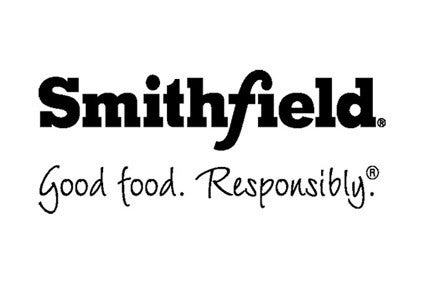
US-based meat processor Smithfield Foods has announced new recyclable packaging and plastic reduction commitments to reduce the impact on the environment.
By 2030, Smithfield, owned by China’s WH Group, is aiming for consumer packaging that is 90% recyclable, reusable and industrially compostable. It is also planning to halve the use of virgin petroleum-based plastic.

Discover B2B Marketing That Performs
Combine business intelligence and editorial excellence to reach engaged professionals across 36 leading media platforms.
The company has created an internal cross-functional team to achieve its targets. The team will initially focus on the identification and evaluation of replacements for products currently packaged using polystyrene (PS) trays.
Both the new recyclable packaging and plastic reduction goals are based on Smithfield’s zero-waste-to-landfill initiative.
The initiative helps to draft a plan to minimise overall solid waste sent to landfills 75% by 2025 through using or recycling materials once disposed of as garbage.
Smithfield Foods chief sustainability officer Stewart Leeth said: “Continual efforts to innovate packaging in favour of materials that can be recycled, reused and composted is an important component of holistic, sustainable food production.

US Tariffs are shifting - will you react or anticipate?
Don’t let policy changes catch you off guard. Stay proactive with real-time data and expert analysis.
By GlobalData“As a food-industry sustainability pioneer, Smithfield recognises the importance of continuing to explore new ways to build upon our ambitious commitments and reduce waste across production and operations.”
In 2019, Smithfield launched the Pure Farmland brand, as part of its sustainable efforts. Pure Farmland brand is a plant-based protein line, which features sustainable packaging and trays made from more than 50% recycled material.
Smithfield is also a member of the Sustainable Packaging Coalition (SPC) authority, which undertakes sustainable packaging and related initiatives.
This article originally featured on just-food associate title NS Packaging.





